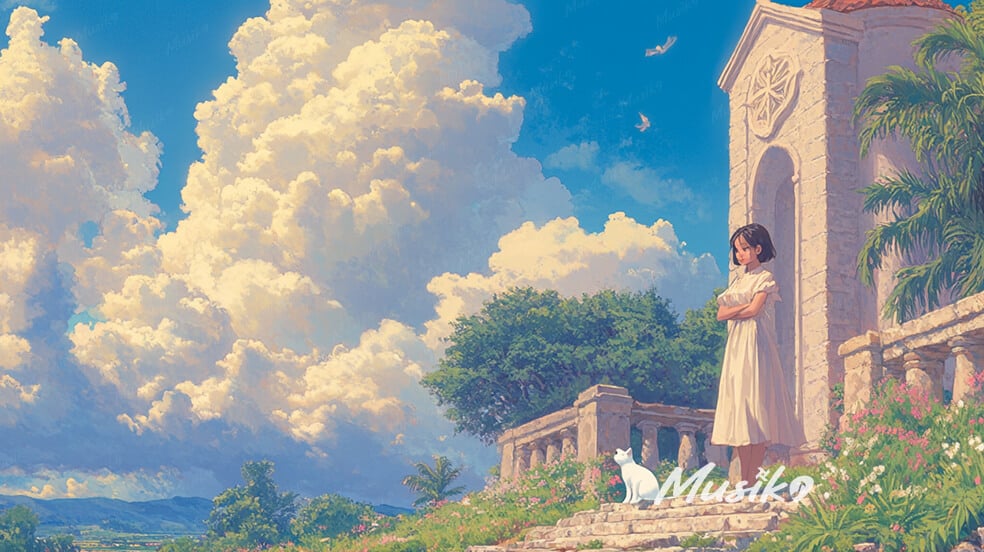🌴 Welcome to Makato, Aklan
Nestled in the vibrant province of Aklan, Makato is a charming municipality that serves more than just picturesque sceneries, it’s the beating heart of cultural devotion in Western Visayas. Though often shadowed by its famous neighbor, Kalibo, Makato proudly stands on its own with rich traditions, warm locals, and surprises waiting for the curious traveler.
📍 The Place Where Simplicity Meets Spirit
Makato offers a peaceful rural charm, surrounded by verdant rice fields, riverbanks, and scenic country roads. It’s a place where carabaos are still kings of the field, and mornings are serenaded by birdsong and the occasional church bell.
🏛️ Historical Landmark
At the town center stands the St. John the Baptist Church, one of the oldest parishes in Aklan. This iconic stone structure is not only a spiritual anchor for the community but also a living reminder of Makato’s deep colonial history.
📸 Tourist Spot
Looking for a chill and Insta-worthy escape? Try the Makato River, ideal for riverside picnics, fishing, or simply watching the calm waters reflect the sky. Eco-farms and local homestays also offer agri-tourism experiences worth exploring.
🎭 Culture That Radiates Faith and Unity
Makato is a town steeped in devotion and bayanihan spirit. The people take pride in their strong Catholic faith, and this is evident in both daily life and the way festivals are celebrated, with full heart, soul, and community cooperation.
🗣️ Language of the Locals
The primary language spoken here is Akeanon, although Hiligaynon and Tagalog are also commonly used. Most locals are friendly and more than happy to engage in simple English, especially with visitors.
🍲 Food You Must Try in Makato
Craving authentic Aklanon cuisine? Don’t miss out on binakol (native chicken soup with coconut water), linapay (taro leaf and coconut), and sweet delicacies like inday-inday and baye-baye. Street food vendors and carinderias serve heartwarming meals that feel like home.
🎉 The Majestic Ati-Atihan of Makato
Before Kalibo kicks off its grand Ati-Atihan, Makato celebrates it first! Held every second Friday of January, Makato’s Ati-Atihan Festival is a spirited display of tribal dances, rhythmic drumbeats, face paints, and religious devotion to the Señor Sto. Niño. It’s less crowded, more local, and equally electrifying!
🎶 Music and Dance Traditions
Traditional drumbeats are the heartbeat of Makato’s festivals. Indigenous instruments and spontaneous street dancing are common sights, especially during the sadsad—where locals dance in praise down the street.










